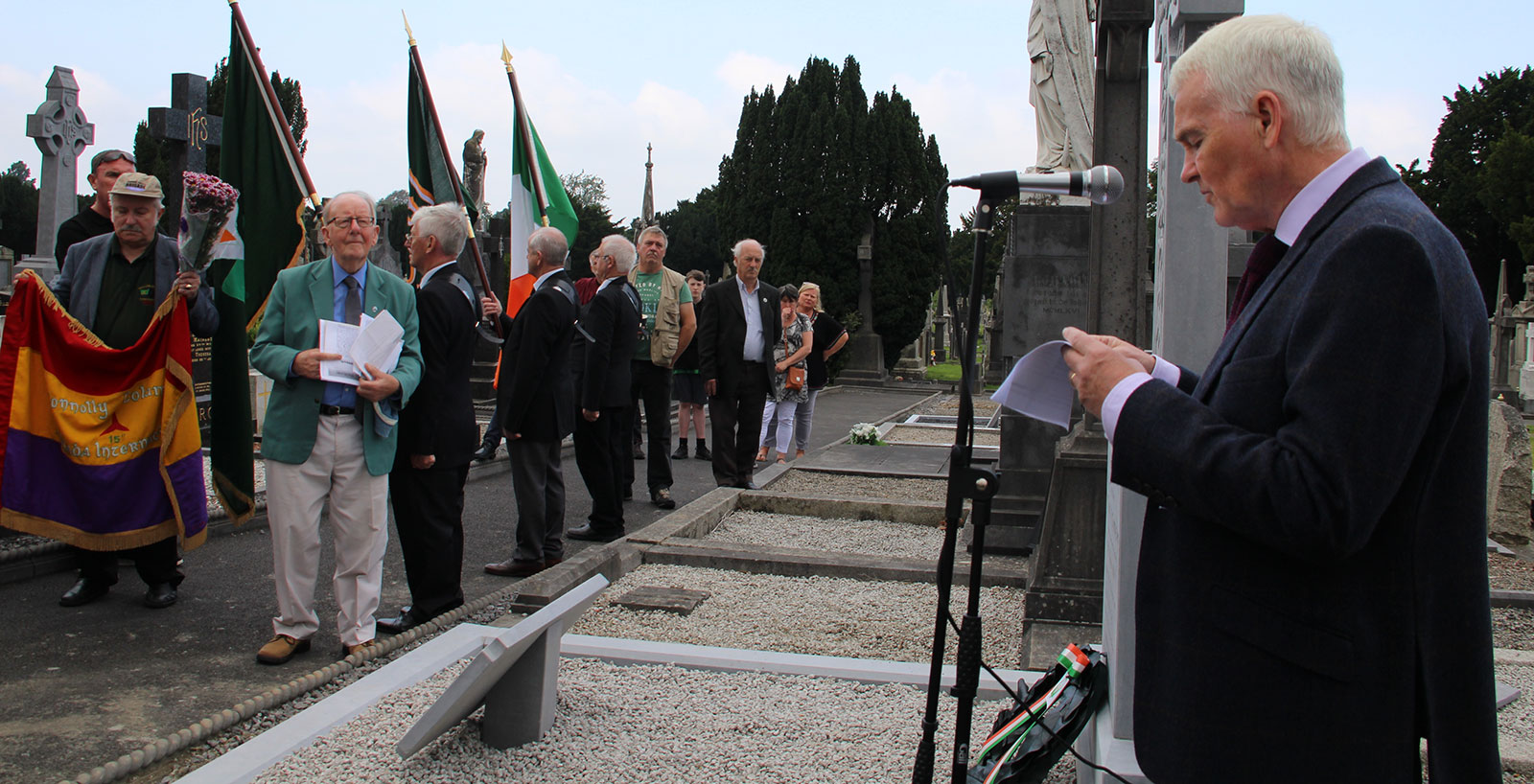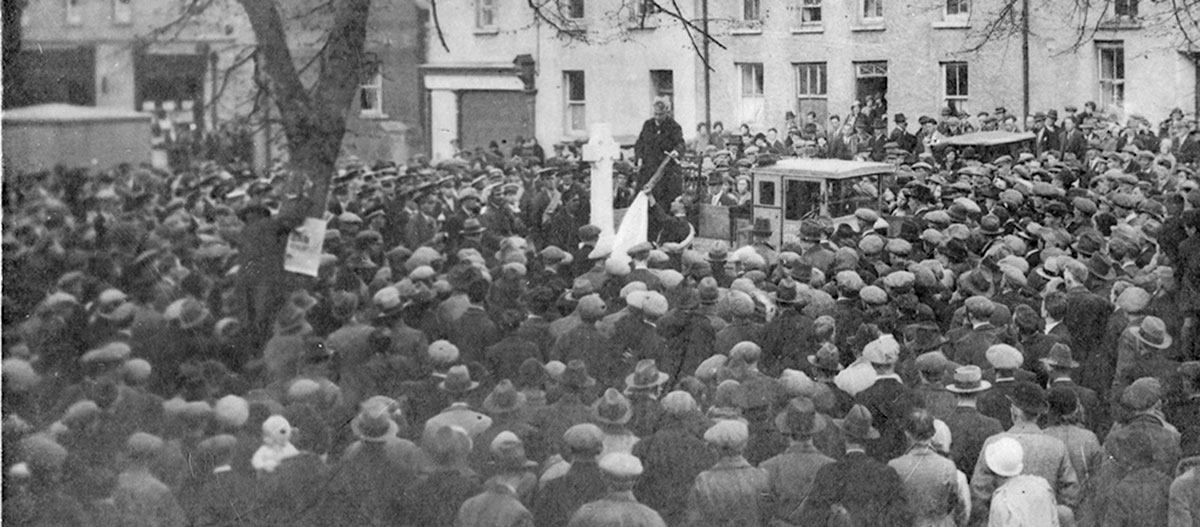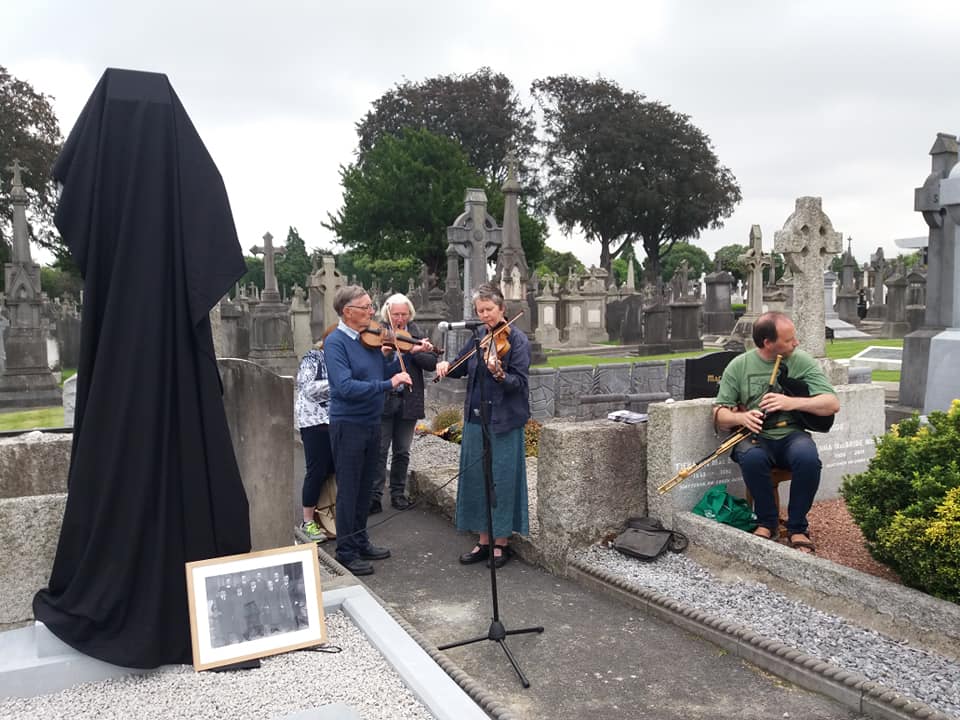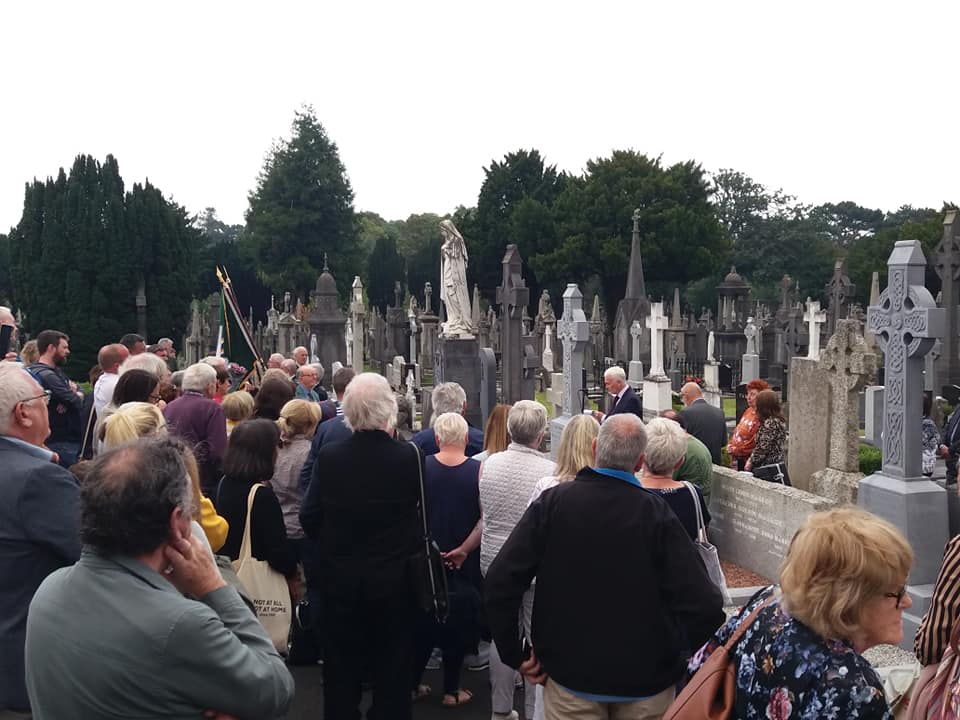Oration at the Unveiling of a New Headstone for
Fr. Michael O'Flanagan
By Tommy McKearney, 25th August 2019.
Whomsoever can define the narrative of history often influences the received wisdom of the present and is thereafter in a position to set the agenda for the future. Nothing, therefore, challenges the powerful so much as those who question their interpretation of history whether it is their attempt to exaggerate the importance of some or to bury in obscurity the contribution of others.
The powerful fear nothing so much as the person of integrity who highlights their failures their follies and their crimes. That individual who exposes the flaws or wrongdoing in their decision-making, who highlights the weaknesses in their negotiating strategies or the lack of merit in their pontificating is dreaded.
It should come as no surprise therefore that the heroic role played by Father Michael O’Flanagan in the history of this country has sadly, and indeed scandalously, been overlooked and neglected for so long. Too many powerful elements on this island and abroad have had a vested interest in preserving this uncharitable silence.
Maintaining a silence about a men who encapsulated the republican virtues that epitomised the noblest aspects of Fenianism:
— Fearless in speaking against imperialism;
— Staunchly supportive of Irish independence;
— Believing and practising the values of secularism;
— A courageous man of action who participated in activities;
— Searing in analysing every situation;
— Brutal honesty – even at huge person cost – in his deliberations;
and
— Always on the side of the poor and oppressed whether in rural or urban Ireland or abroad.
Father Michael O’Flanagan excoriated the British Empire for its brutal treatment of the Irish people and its denial of our people’s right to self-determination and he joined the struggle to break the connection with that execrable government in London.
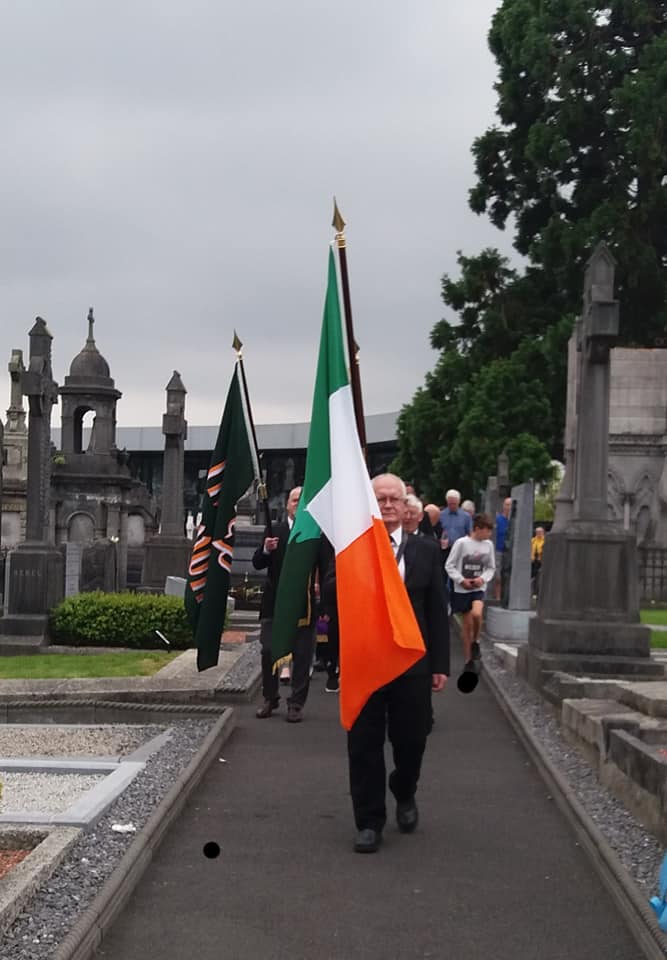
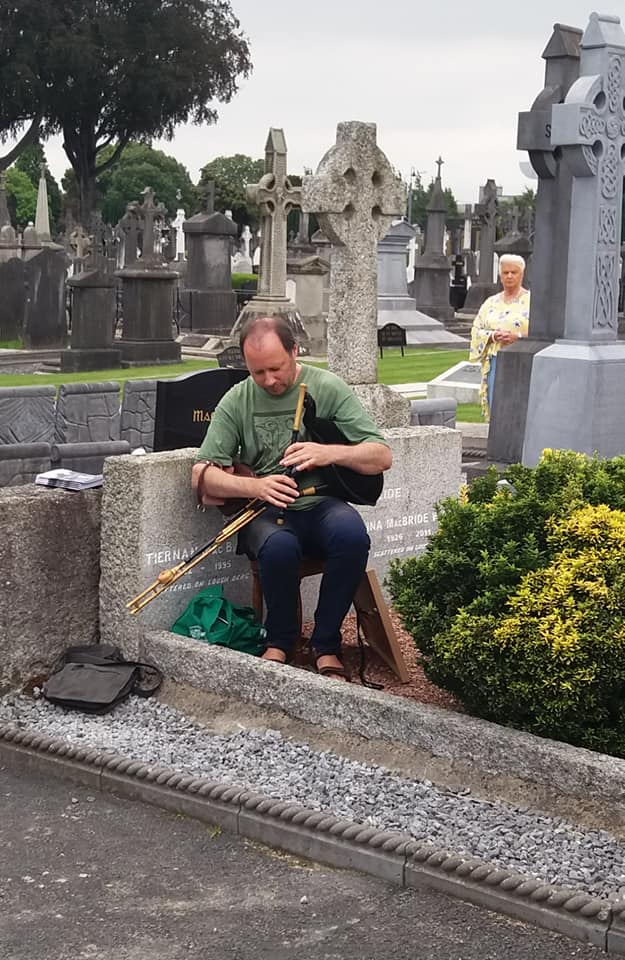
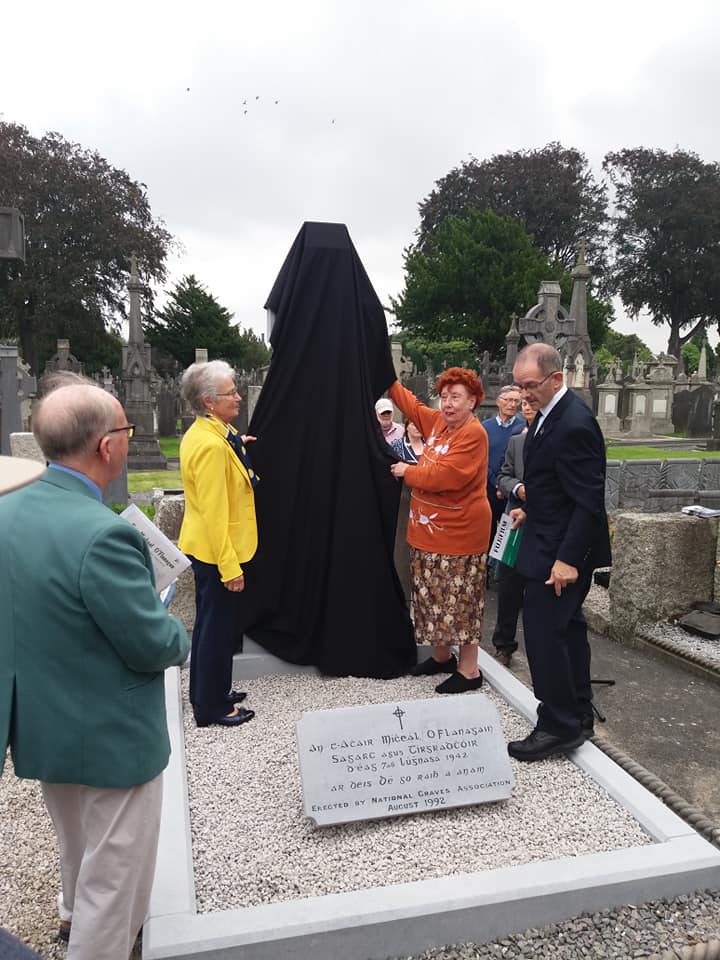
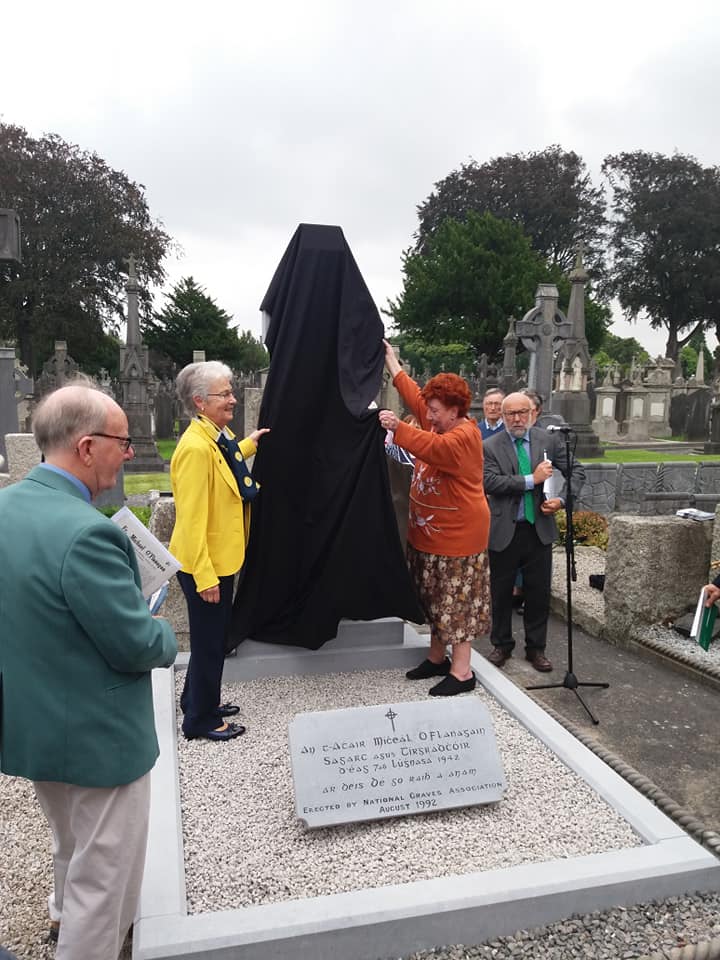
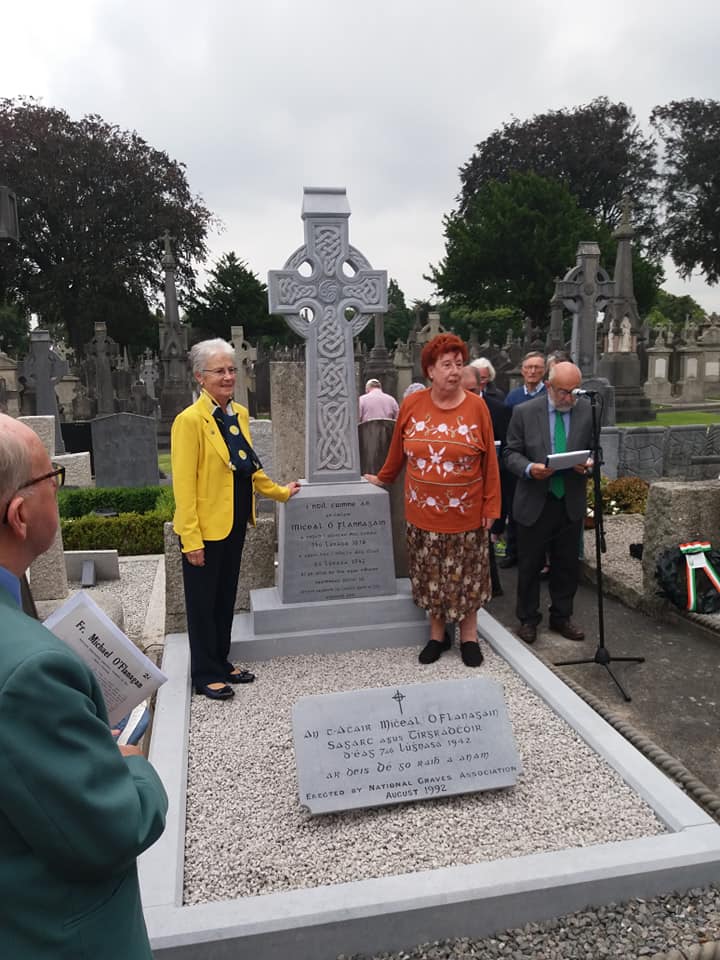
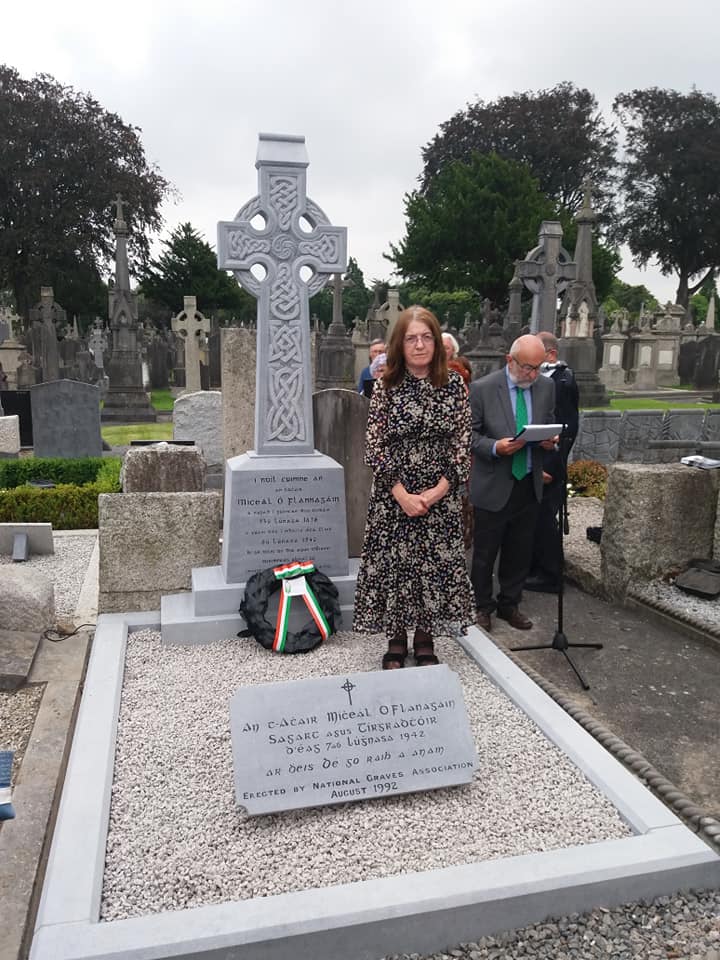
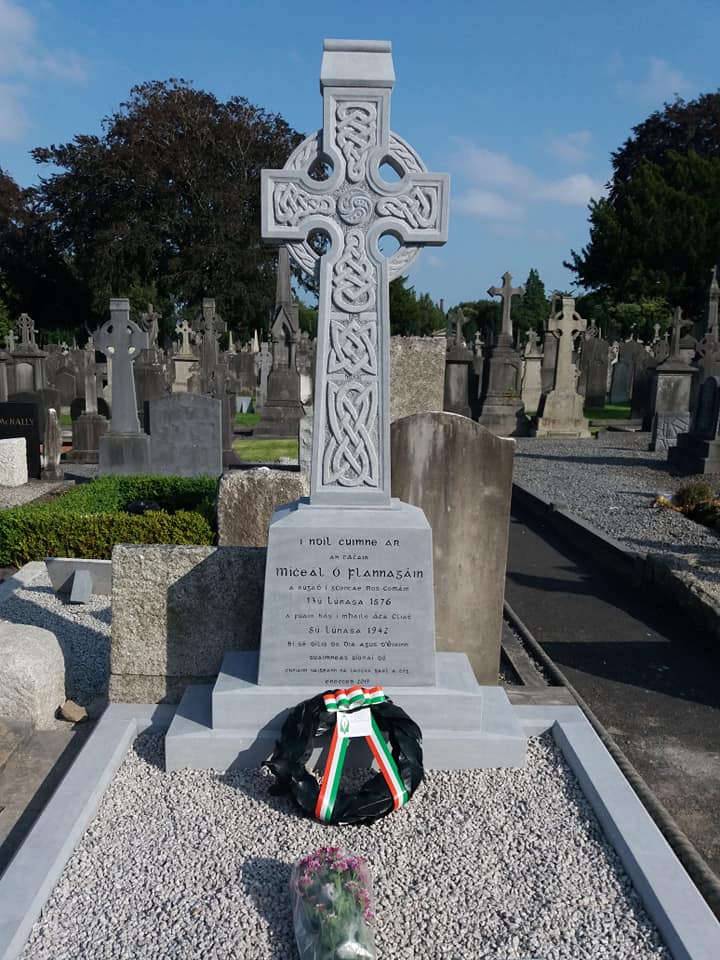
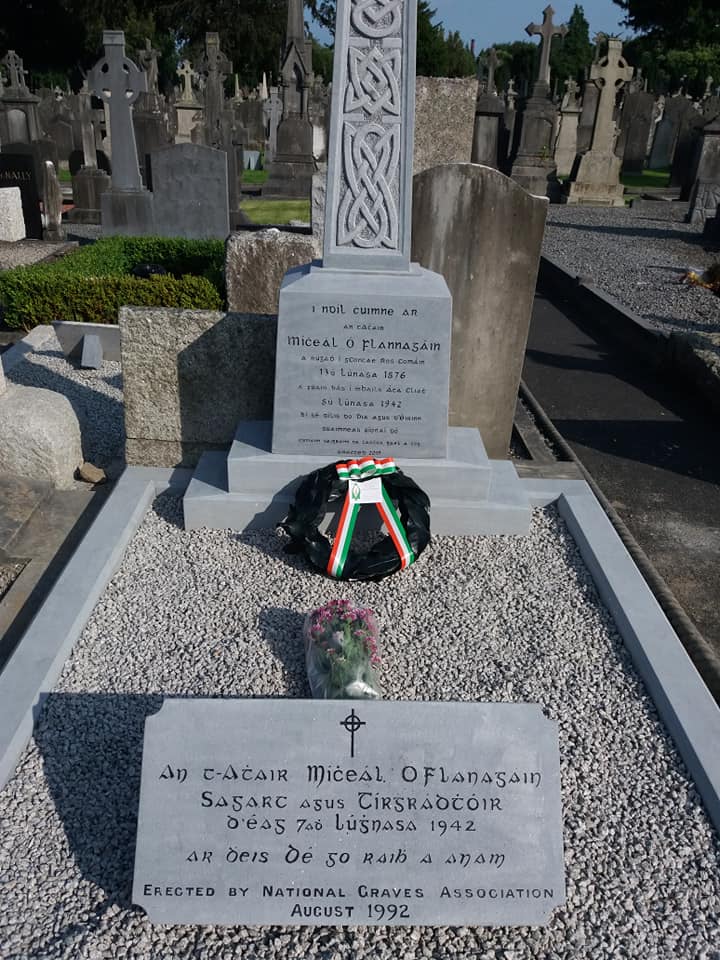
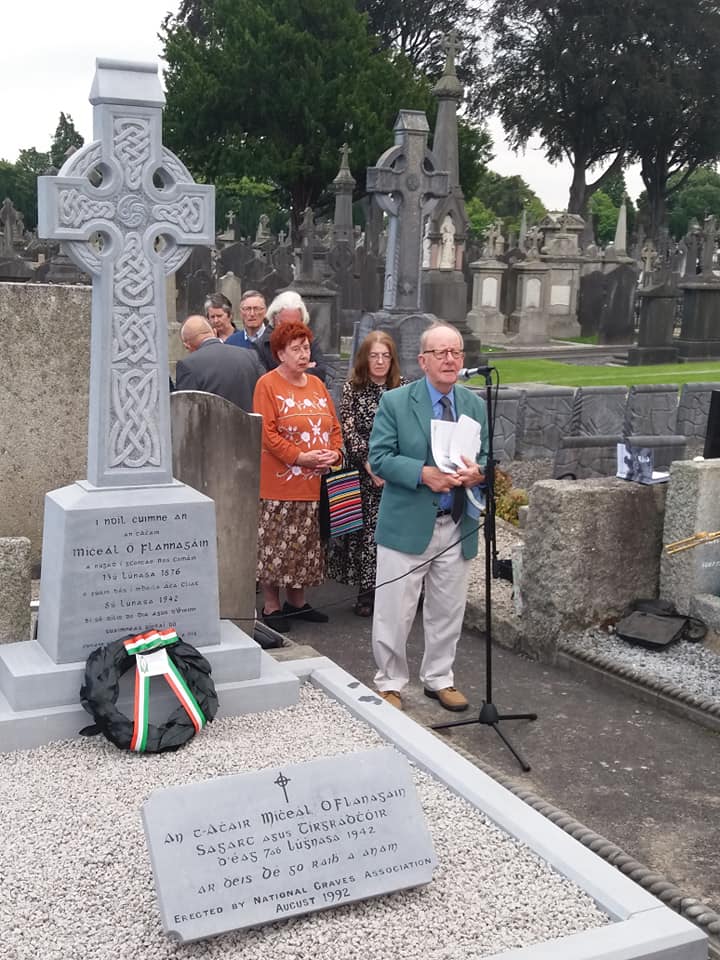
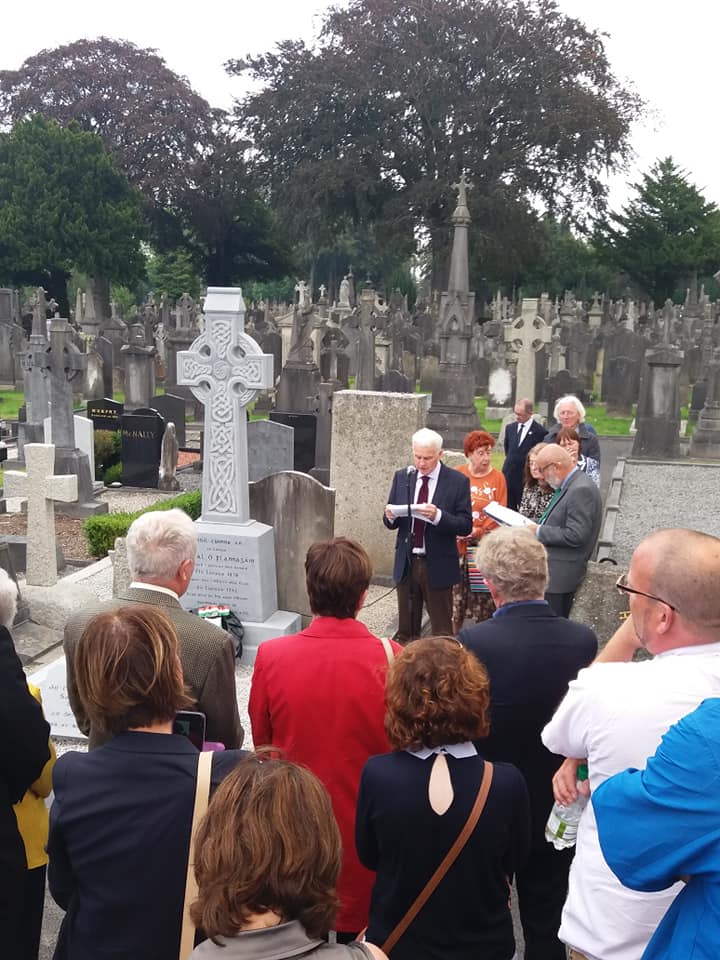
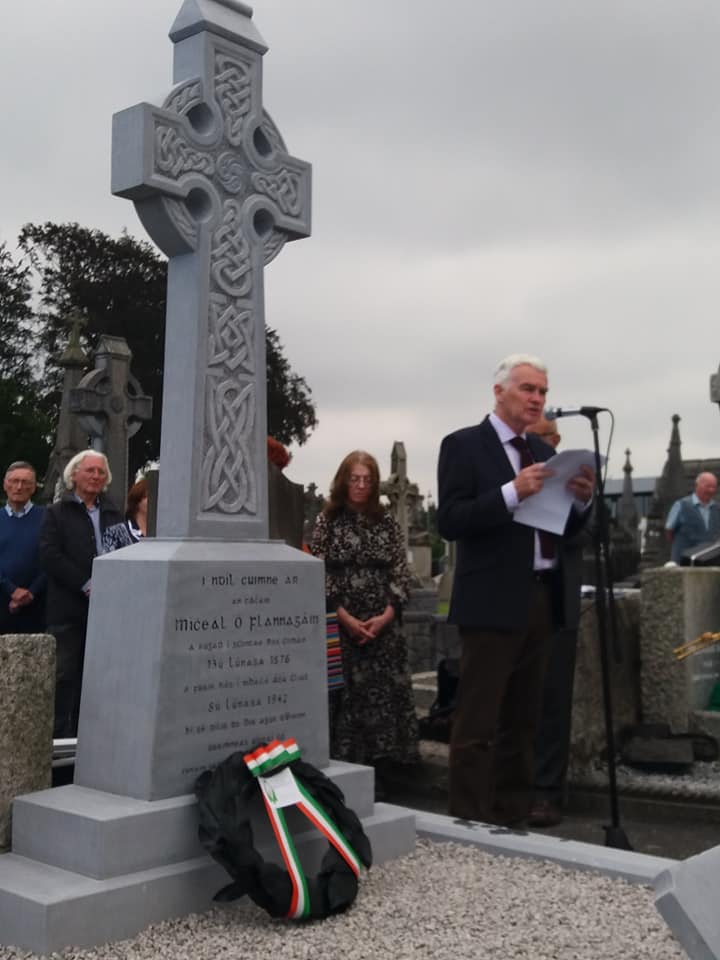
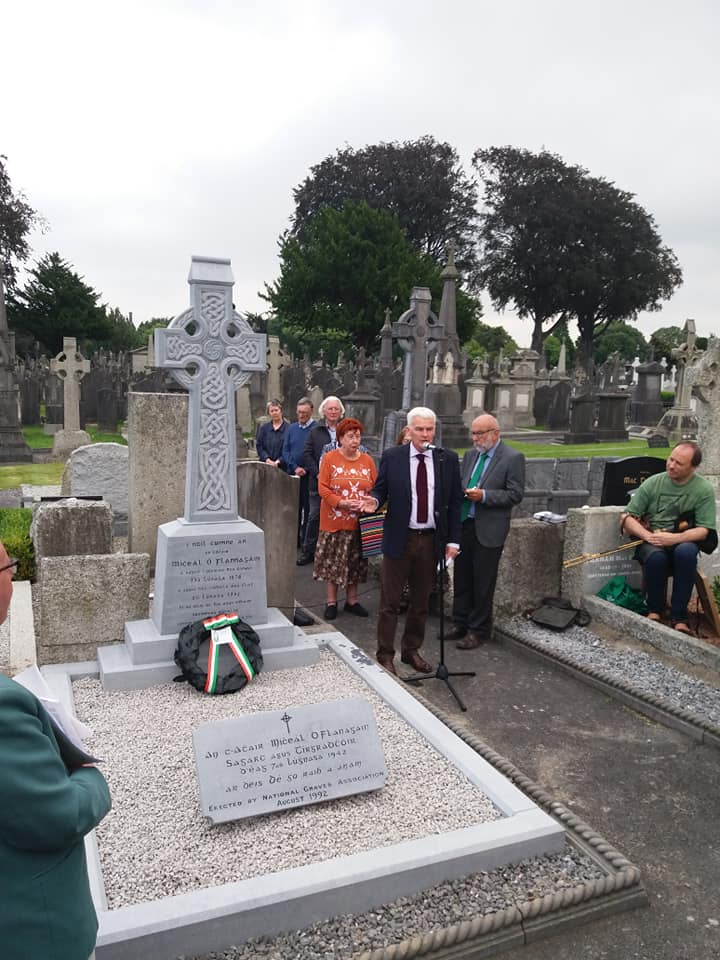
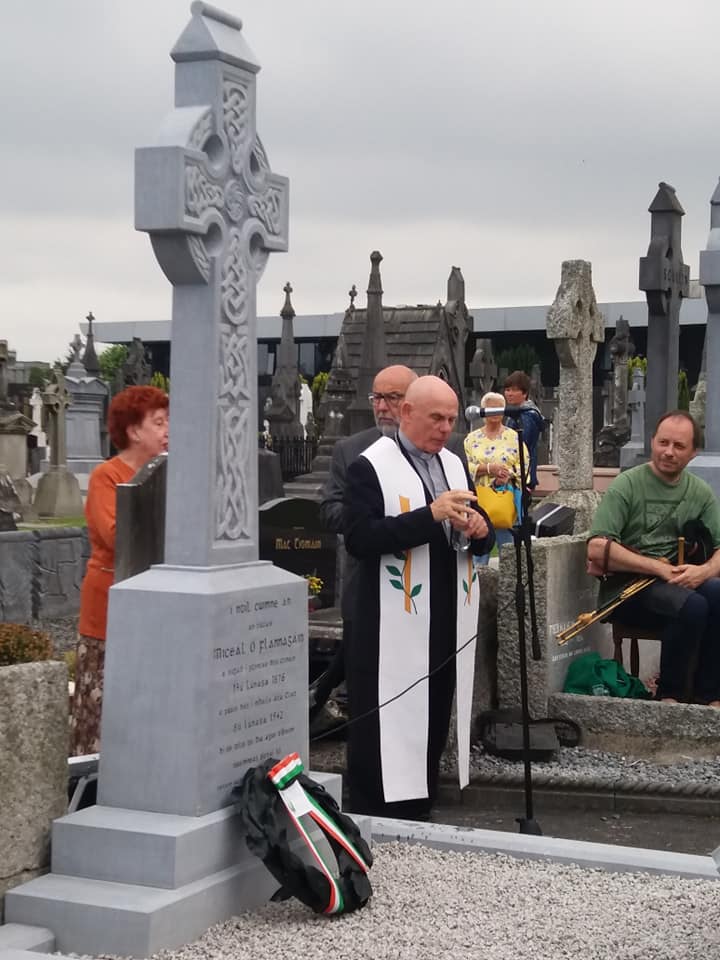
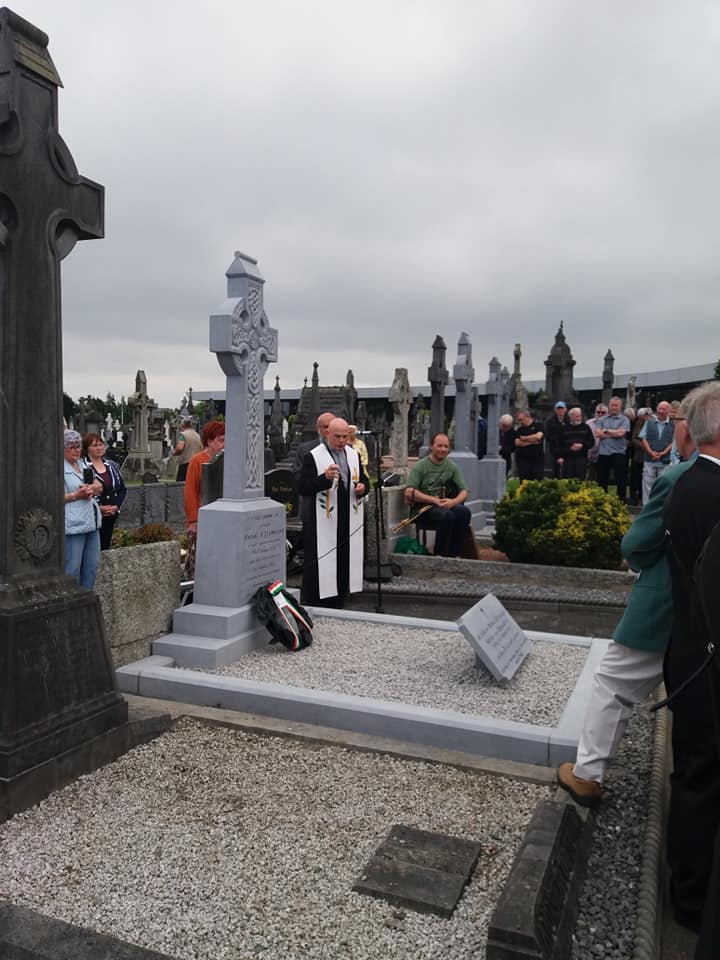
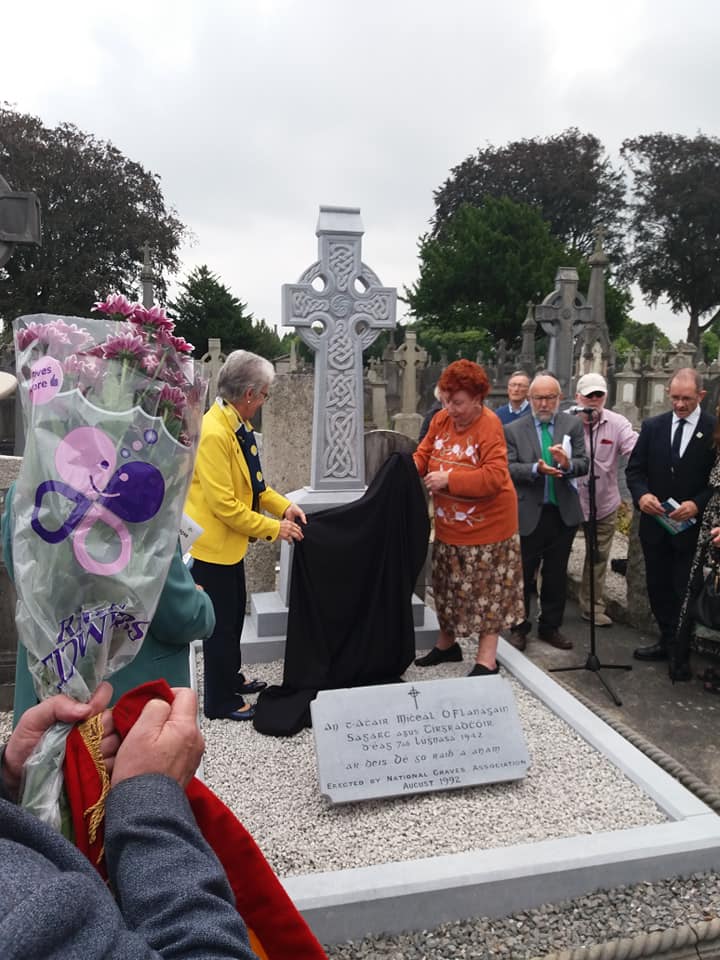
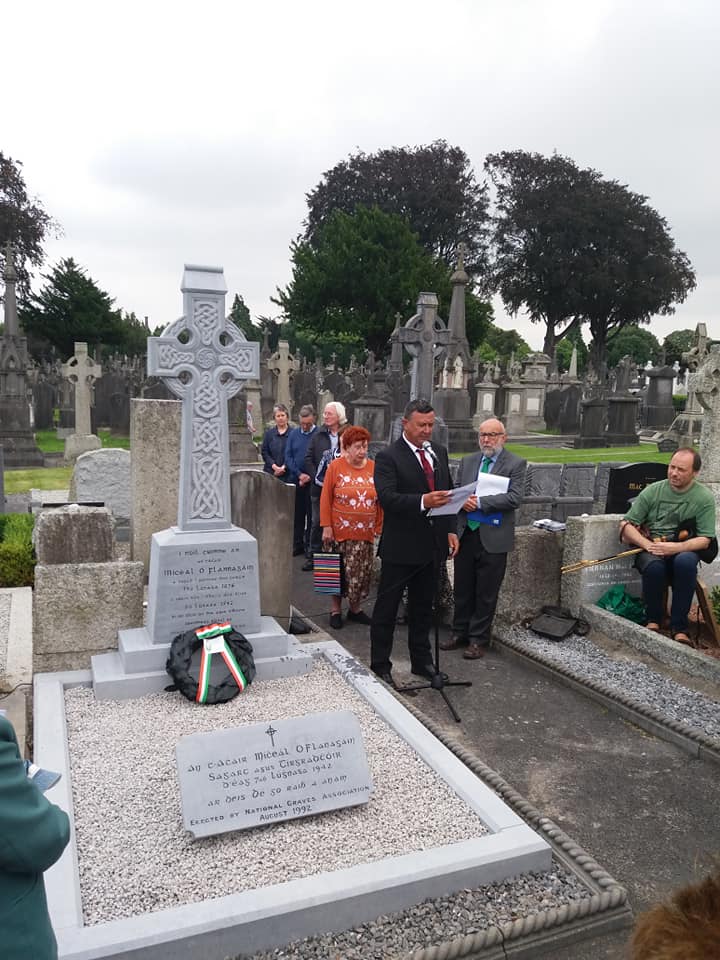
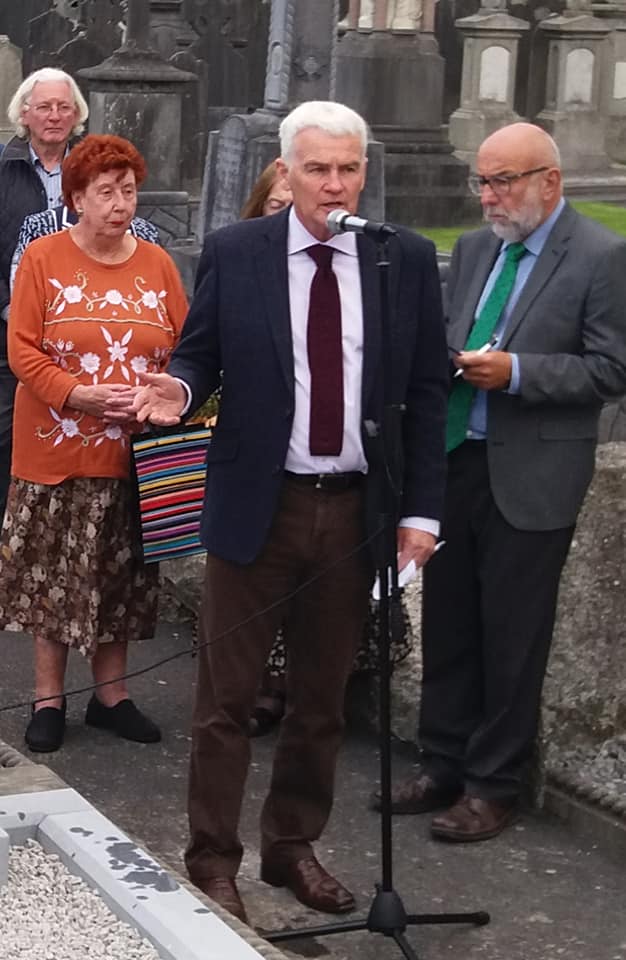

He rejected the Treaty that partitioned Ireland and which delivered only dominion status rendering us effectively little more than administrators of British rule in Ireland.
In the 1930s he courageously contradicted and rejected fascist propaganda claiming that the civil war in Spain was about religion … By the way have we not heard a similar claim in relation to conflict closer to home?
Religion indeed plays a crucial part in this story. As an ordained priest of the Catholic Church Fr Michael O'Flanagan broke not only with convention but his political analysis and activity posed an existential threat to the power structures in Ireland before and after the Black and Tan war.
Religion, a private matter of conscience and guaranteed by the Proclamation, has been used by the ruling class to divide the people of this land and thereby gain control over us. The concept of carefully fostered divisions was no mere rhetoric in the Proclamation. Religion was used to underscore the difference between the Empire supporting aristocracy and a restless, independence-seeking people. In the northern part of our country religion was exploited to provided the basis for dividing working-class people and allow the empire retain a foothold on its western flank.
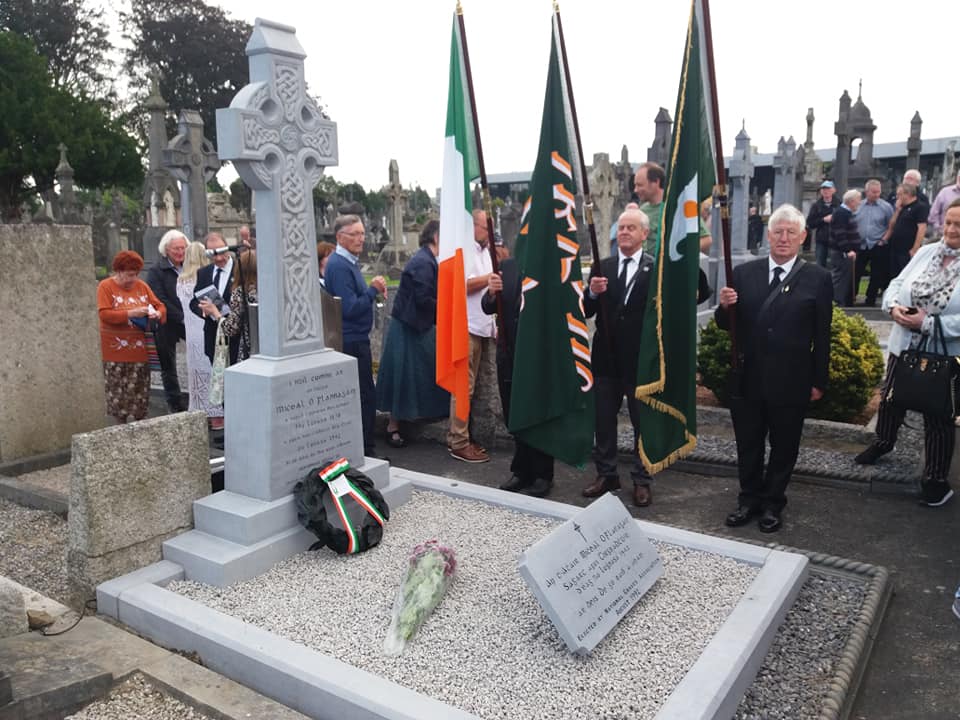
And when in 1795, the British government funded the establishment of The Royal College of St Patrick in Maynooth, it did so not out of affection for the Roman church but to exercise influence. In return for state acceptance and support, the Catholic church in Ireland was expected to support the state, maintain the status quo and at all times condemn revolution.
Sadly and to our enormous cost this convention survived the establishment of the Free State. And only in recent years have we learned the full extent of this calamity. As the old radicals used to sing, ‘with church and state in close embrace, there must be pain for the human race’.
When Michael O'Flanagan chose to disregard this practice he was making an incalculable contribution to the welfare and well-being of Irish society. He was practicing the republican virtue of secularism, demonstrating that in Ireland it was quite possible to separate church and state and that home rule did not mean Rome rule. For a long-suffering people, yet for a people who at that time had a deep devotion, this was of enormous importance. To the powers that were in place it was equally important since it questioned their every action.
Fr O'Flanagan was no mere clerical figurehead appointed as a token gesture.
He was a gifted orator, a fact that was recognised by senior church figures when only four years after his ordination in 1904 he was sent by his bishop to the United States to engage with the Irish American Catholic community. Nevertheless, while there he displayed his deep commitment to Irish republicanism. He not only acted as an envoy for the Gaelic League, he also met and conferred with Tom Clarke and O'Donovan Rossa.
Always known as a fine speaker, his first public emergence as a political activist occurred in March 1913 when, against the wishes of his bishop, he attended and spoke at rallies in support of striking dockworkers in Sligo. This was a man who said of James Connelly – he laid down his life for the Irish people to assert for them not only the right to be the political rulers of Ireland but also the economic owners of Ireland as well.
Not only was he a first class orator but he also believed in taking action in support of the less well-off and deprived. In 1915 in his parish of Cliffoney an attempt was made by local authorities to deny the poor the right to harvest turf. Defying the expressed wishes of his bishop, Michael O'Flanagan mobilised his parishioners, led them to the local bog and began harvesting turf. Thanks to this courageous piece of direct action, he forced the authorities to reverse their decision on turf cutting. He was however, unable to prevent his Bishop from censoring him and was transferred to a remote parish from where he was to have perhaps his greatest impact.

